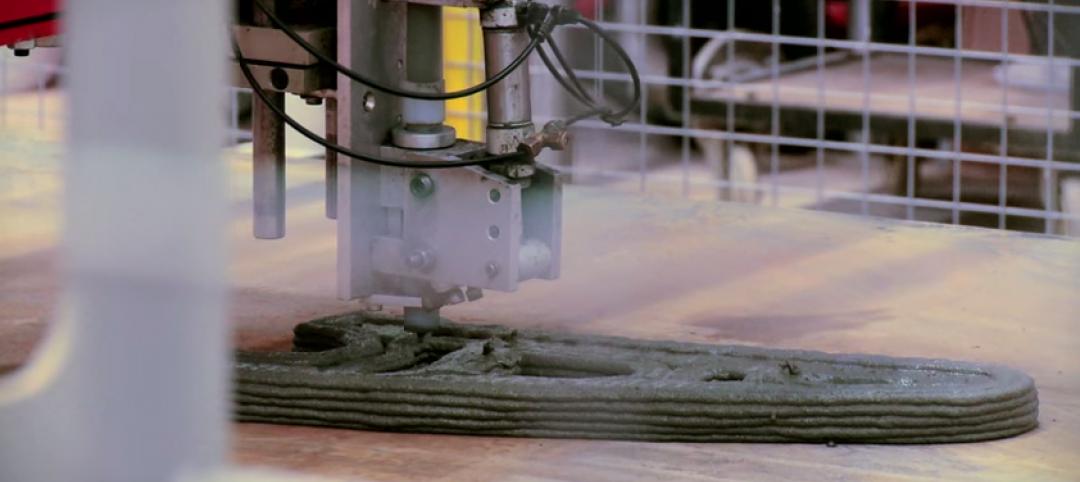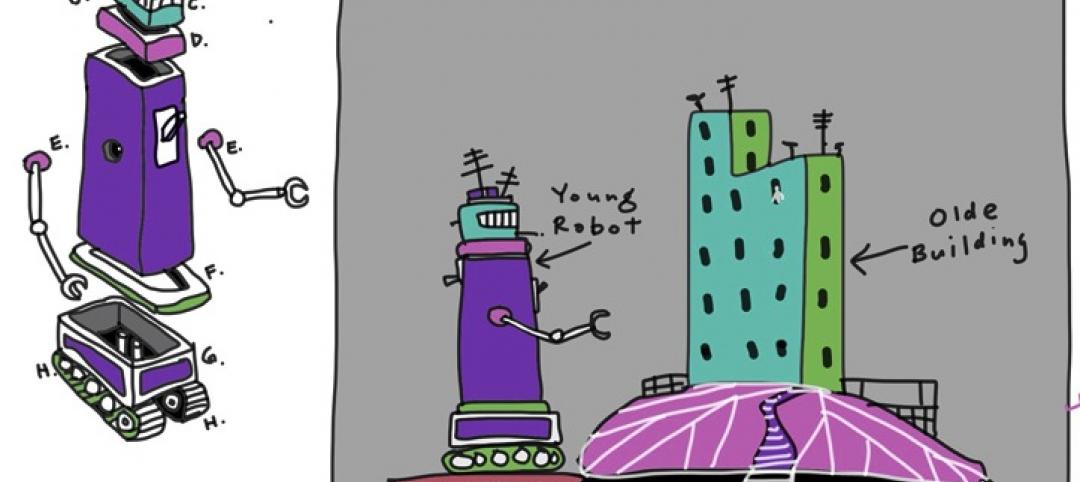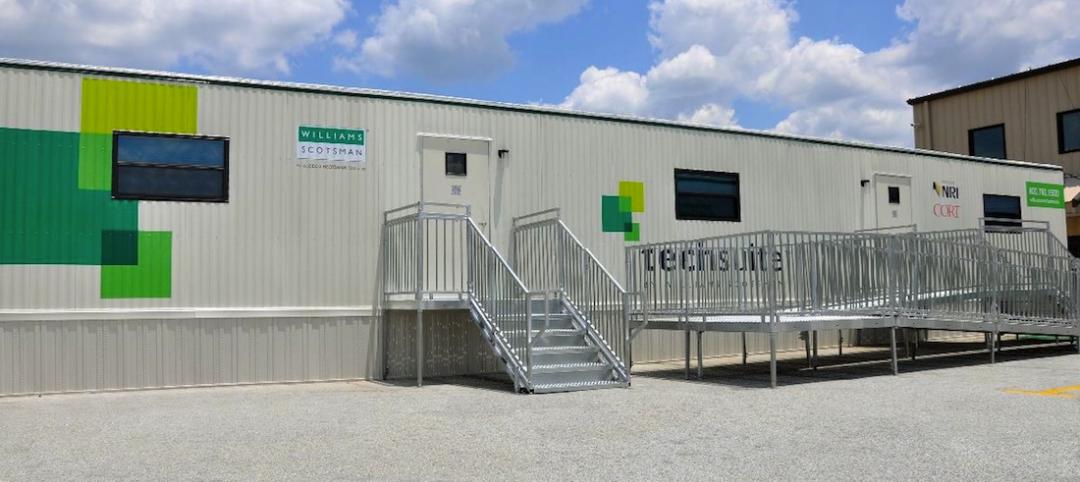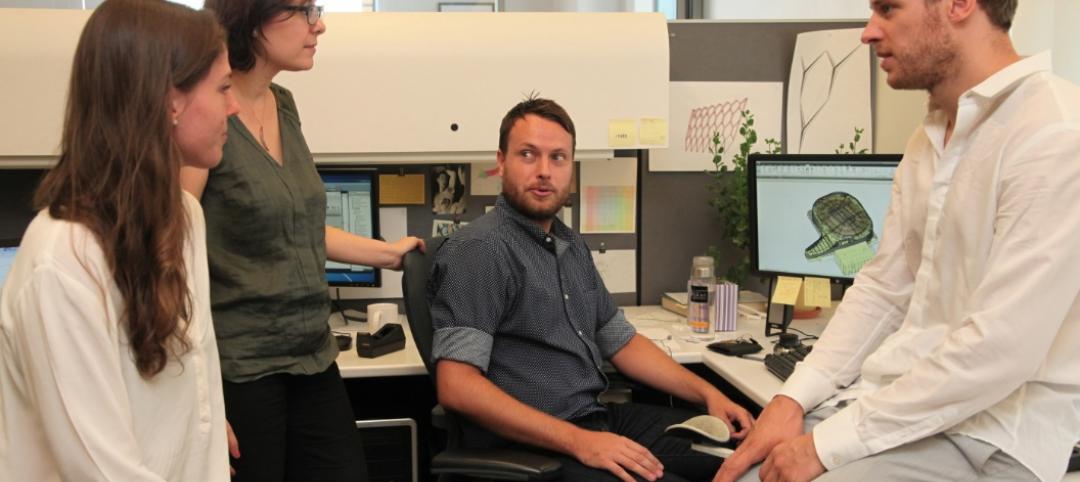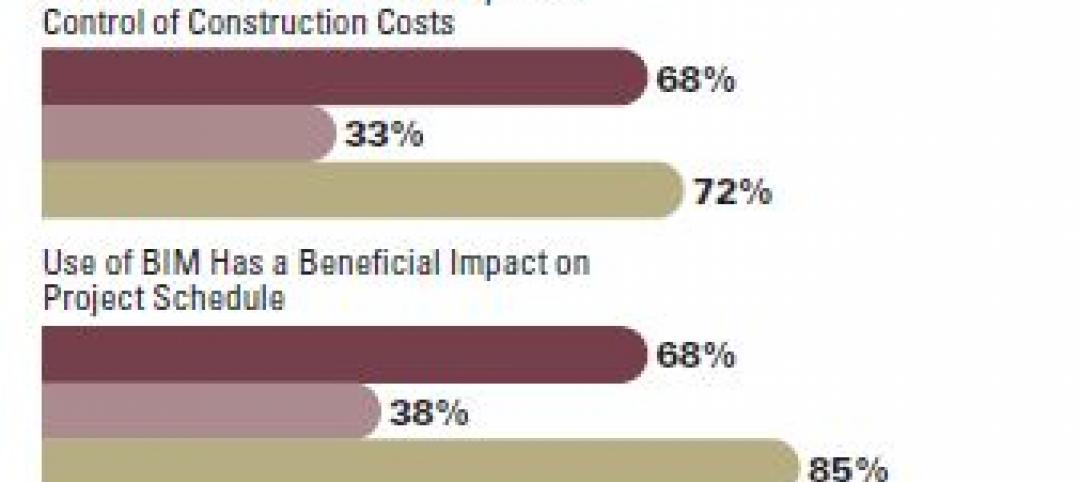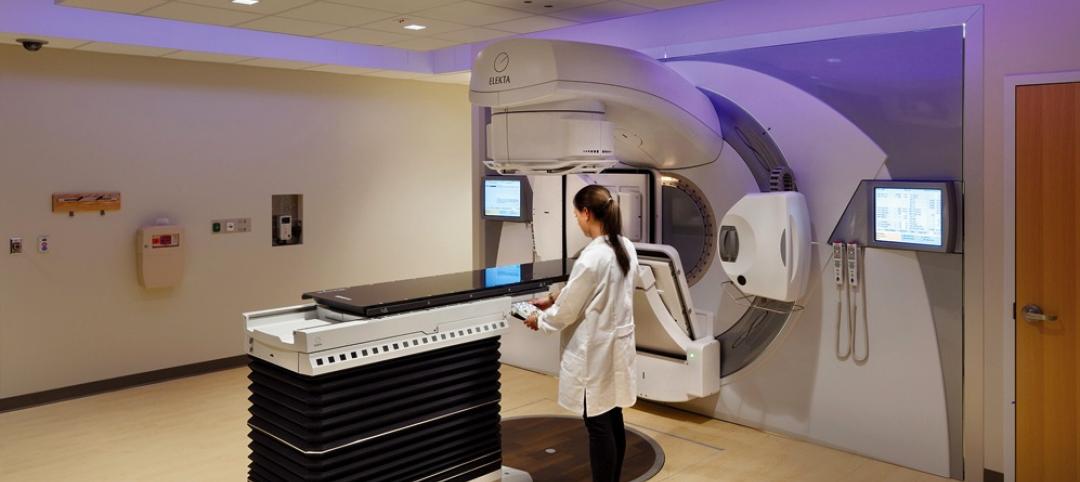Energy efficiency has been the flavor of the month when it comes to building projects as cities try to curtail their energy usage to more sustainable levels. The problem has been, to become more energy efficient, detailed information about how and when cities, and the buildings they are composed of, consume electricity and heating fuel. In other words, it is hard to do a comparison without having at least two things to compare.
The city of Boston, however, no longer has to worry about lacking current, detailed information on its energy usage throughout a given day or throughout the year, with an emphasis on detailed.
Researchers at the MIT Sustainable Design Lab (SDL) and the MIT Lincoln Laboratory, in collaboration with the Boston Redevelopment Authority (BRA), have a shiny new toy to use to help plan for the city’s energy future, MIT News reports.
This shiny new toy comes in the form of a “citywide urban building energy model of unprecedented scale and spatio-temporal detail.” For every single building in Boston, nearly 100,000 in total, the new energy modeling tool estimates the gas and electricity demand for every single hour of a given year. This amount of detail has never been incorporated into a model of a city the size and scope of Boston.
The model will be used in an effort to help make Boston’s energy system more efficient, resilient, and affordable.
The team of researchers behind the project sifted through all 92,000 buildings in Boston and sorted them into 48 “archetypes” and 12 usage categories. Then, each archetype was assigned characteristics relating to things like heating and cooling systems, electricity use, thermostat settings, time, occupancy, and wall and roof structure, among others, MIT News reports.
In order to make all of this information and data useable for energy planning it required creating a lot of algorithms to work with incomplete datasets. While this took a long time to complete, it has the benefit of allowing the tool to be adapted, as opposed to reinvented, by others who may be interested in doing similar analyses throughout the northeast.
The modeling tool has already helped to identify sites throughout Boston where “a combination of CHP, photovoltaic, battery storage, and ground source heat pumps could reduce greenhouse gas emissions and offer lower-cost alternatives to current centralized energy supply scenarios,” according to MIT News.
The end goal of this project is to allow for every city, worldwide, to be able to use a citywide energy model to manage its complicated web of energy supply and carbon emissions.
Related Stories
| Dec 1, 2014
Skanska, Foster + Partners team up on development of first commercial 3D concrete printing robot
Skanska will participate in an 18-month program with a consortium of partners to develop a robot capable of printing complex structural components with concrete.
| Nov 26, 2014
How the 'maker culture' brings the power of design to life
Most people affiliate the maker culture with metal working, welding, ceramics, glass blowing, painting, and soldering. But it also includes coding and online content creation, writes Gensler’s Douglas Wittnebel.
Sponsored | | Nov 26, 2014
Virtual reality in 3D models, iPhone thermal imaging: Inside one very cool tech toybox
A little over a year ago, I embarked on a search to find individuals in the AEC space who were putting new hardware to work in the field.
| Nov 18, 2014
New tool helps developers, contractors identify geographic risk for construction
The new interactive tool from Aon Risk Solutions provides real-time updates pertaining to the risk climate of municipalities across the U.S.
Sponsored | | Nov 12, 2014
Williams Scotsman plugs into the jobsite
Many of our customers conduct important business from their temporary modular jobsite office and most require access to technology to get their job done effectively and efficiently. SPONSORED CONTENT
| Nov 5, 2014
AEC firms leverage custom scripts to bridge the ‘BIM language gap'
Without a common language linking BIM/VDC software platforms, firms seek out interoperability solutions to assist with the data transfer between design tools.
| Nov 3, 2014
How facility owners can make the most of BIM
More and more facility owners are seeing the benefits that building information modeling can bring to their projects, according to a new McGraw Hill Construction SmartMarket Report, “The Business Value of BIM for Owners.”
| Oct 15, 2014
Drones may soon assist code inspectors for construction in the UAE
The United Arab Emirates’ Ministry of Labour announced that they will start using drones to help inspectors record when construction sites are breaking laws.
| Oct 13, 2014
Debunking the 5 myths of health data and sustainable design
The path to more extensive use of health data in green building is blocked by certain myths that have to be debunked before such data can be successfully incorporated into the project delivery process.
Sponsored | | Oct 13, 2014
William Duff Architects successfully increases revenue while decreasing accounts receivable workload
William Duff Architects has seen immediate benefits to their business since the implementation of ArchiOffice. Within a couple of months, they increased billable staff utilization and reduced accounts receivable workload. SPONSORED CONTENT


